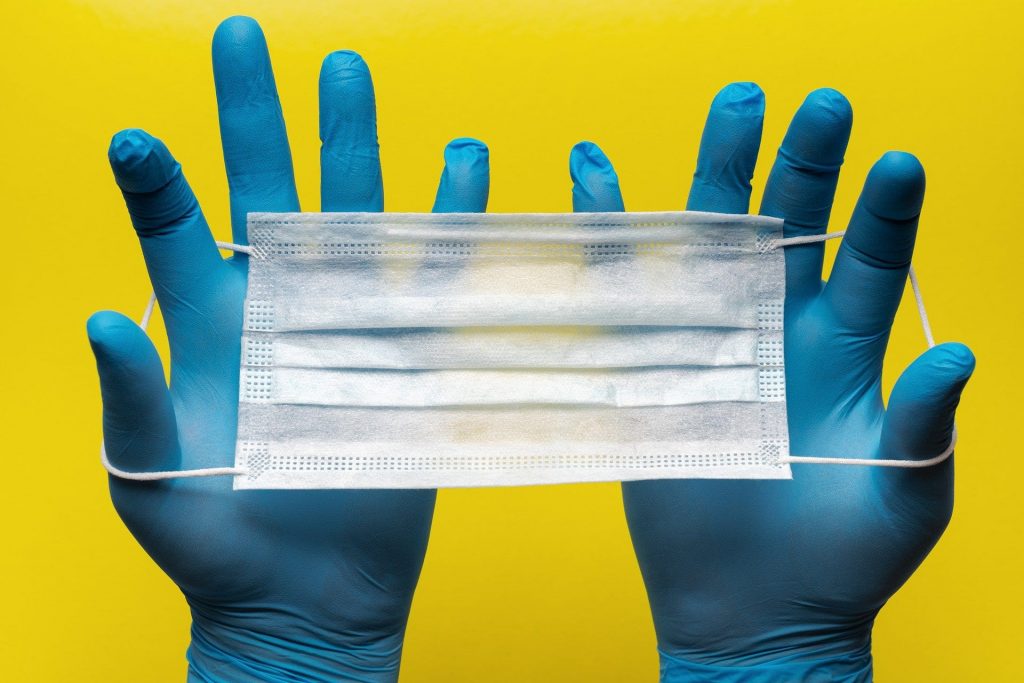
Disposable masks, which are now worn around the world due to the coronavirus pandemic, pose a serious environmental hazard.
According to environmentalists, the increased production and mass use of these products have led to the fact that the ocean, in addition to microplastics, is now also contaminated with masks.
How medical masks harm the environment
Til Phelps Bondarov, research director at OceansAsia, told that if a local turtle, pink dolphin or other marine animals suddenly swallows the mask, it will easily get stuck in its digestive system, which will lead to the death of the individual: “Most of these masks contain polypropylene, which does not dissolve in water and which, in principle, is difficult to process. Meanwhile, plastic pollution of the ocean is already a big problem. It is estimated that every year 8 million tons of plastic enters the ocean. It does not disappear without a trace but slowly turns into microplastic, penetrating food chains, and creating a terrible effect for nature. ”
According to estimates, more than 100 thousand marine mammals and turtles, as well as a million seabirds, die due to ocean pollution with plastic annually. Plastic absorbs toxins, which leads to the poisoning of animals that periodically swallow it.
Eco-activists believe that surgical masks should be saved and not used without special needs – this advice is all the more useful since the production and sale of these products is now limited due to high demand. Doctors advise putting on a mask to those people who have already noticed signs of the disease so as not to infect others. Masks hardly protect healthy people from infection. It is worth remembering: on the street and at home, indoors, wearing masks is pointless. Use them only in transport, where there are more contacts with people.
What to do with used masks
You do not need to throw away used masks and gloves just in the trash, as this is dangerous for other people and also severely clogs the environment.
How to prepare them for storage:
-
- Treat with antiseptic.
- Put in a whole package, resistant to mechanical damage, preferably with a ziplock.
- If there is no such package, you can use the usual, but tie it strongly.
- Be sure to leave this package out of the reach of children and pets. Best of all – outdoors.
Picture Credit: Pixabay
